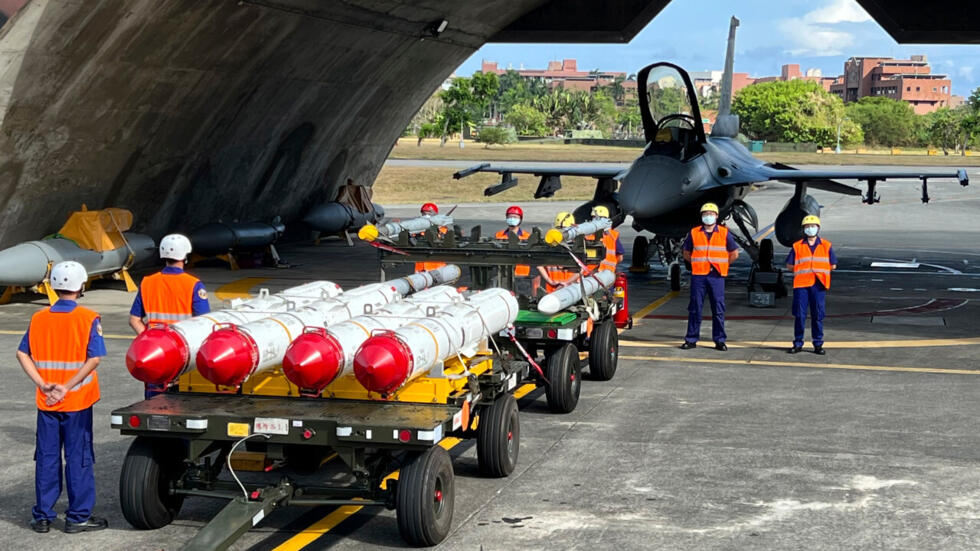China’s decision to impose punitive measures on Boeing and two other US defense contractors in response to arms shipments to Taiwan marks a significant escalation in tensions between the two superpowers. The move comes amidst longstanding tensions over Taiwan, a self-governing island that Beijing considers a renegade province, and underscores the deepening rift between China and the United States over security and strategic interests in the Asia-Pacific region.
Boeing, one of the world’s largest aerospace companies, finds itself caught in the crossfire of this geopolitical standoff. China’s decision to punish Boeing, along with two other unnamed US defense contractors, represents a targeted effort to exert economic pressure on American companies involved in arms sales to Taiwan, a move viewed by Beijing as a direct challenge to its sovereignty and territorial integrity.
The punitive measures imposed by China could have far-reaching implications for Boeing and the broader US defense industry. China is one of Boeing’s largest markets for commercial aircraft, with significant orders and investments in the country. The loss of access to the Chinese market, whether through tariffs, restrictions, or other punitive measures, could have serious financial repercussions for Boeing and its suppliers, potentially affecting jobs and economic growth in the United States.
Moreover, China’s actions underscore the growing risks and challenges faced by multinational corporations operating in an increasingly volatile geopolitical environment. As tensions between the United States and China escalate, companies like Boeing are forced to navigate complex political and economic dynamics, balancing competing interests and minimizing potential fallout from geopolitical disputes.
The broader implications of China’s punitive measures extend beyond Boeing to encompass US-China relations more broadly. The tit-for-tat escalation of tensions between the two countries, particularly over sensitive issues such as Taiwan, raises concerns about the prospects for peaceful coexistence and cooperation in the Asia-Pacific region. It also highlights the risks of economic decoupling and the fragmentation of global supply chains in response to geopolitical rivalries.
In response to China’s actions, the United States is likely to consider its own retaliatory measures, further exacerbating tensions and raising the specter of an escalating trade war between the world’s two largest economies. Such a scenario could have profound implications for global economic stability and prosperity, affecting businesses, consumers, and investors around the world.
As the situation continues to unfold, it remains to be seen how Boeing and other affected companies will navigate the challenges posed by China’s punitive measures. The escalating tensions between the United States and China underscore the need for diplomacy, dialogue, and multilateral cooperation to address shared challenges and prevent further escalation of conflict in the Asia-Pacific region and beyond.
China’s decision to impose punitive measures on Boeing and two other US defense contractors in response to arms shipments to Taiwan represents a significant escalation in the ongoing tensions between the two global powers. This move underscores the deep-rooted disputes over Taiwan, an island that Beijing considers a part of its territory, despite its self-governing status. The relationship between the United States and China has been strained for years due to their conflicting interests in the Asia-Pacific region, and Taiwan has long been a flashpoint for geopolitical tensions.
Boeing, as one of the world’s leading aerospace companies, finds itself at the center of this geopolitical storm. While primarily known for its commercial aircraft, Boeing also plays a significant role in the defense sector, supplying military equipment and technology to various countries, including Taiwan. China’s decision to target Boeing, along with two other unnamed US defense contractors, reflects Beijing’s determination to punish entities involved in arms sales to Taiwan, which it sees as a direct challenge to its sovereignty and national security interests.
